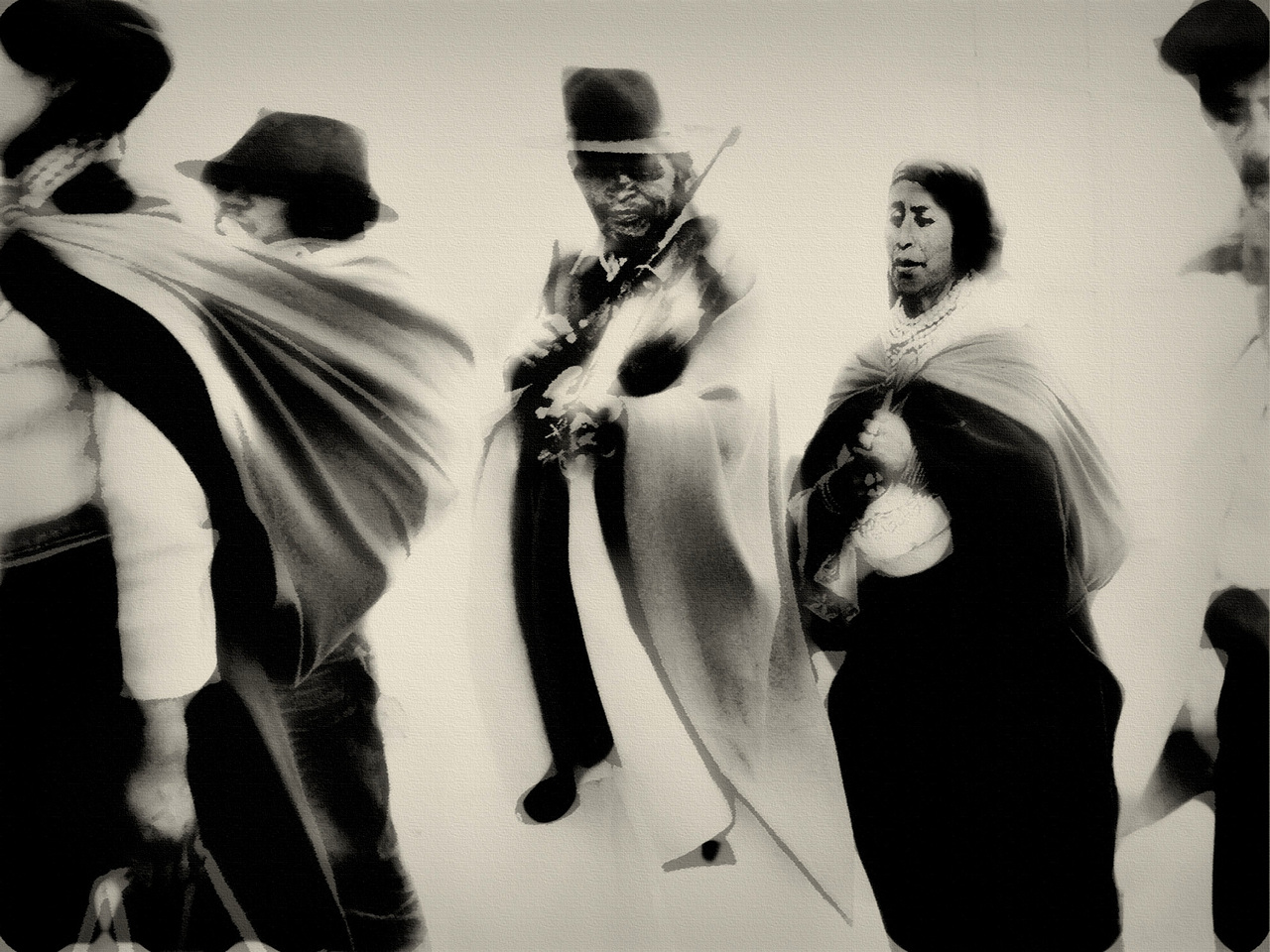Failure
Personal failure happens when someone lets him/herself down or lets someone else (or any number of other people) down due to something that could have been done differently. Failure is when you don’t fulfill what you want to or do a bad job of something that, for whatever reason, you could have done better. It’s not doing something as well as you could, or even doing something pretty badly. But it’s not the end of the world.
I measure personal failure by how I intuitively feel about something I did or that I participated in. I know whether I’ve “failed” at something, although I usually don’t think of it in those terms. “Failure” is a very strong and negative word. It’s worse, really, than just making a mistake. But it also shouldn’t overpower one. Although I recognize them, I don’t like to spend a lot of time thinking about my failures since that can take me/you to some very dark places. Instead of focusing on failure per se, I like to think of it as something I can and, I hope, will do better next time around.
I do think there is a general line between concepts like failure or success, although I can’t tell you what it is. Success for me feels different from failure. Personal success is when I know that I’ve done a good job of something, whereas failure is when I know I haven’t, i.e., when I let myself or others down. Both success and failure involve agency, which is why it seems to me that what we do and know we’re doing are key to the outcomes we feel, be they success or failure.
We all experience failures in our professional or personal life. How could we not? Anyone who say he/she hasn’t is kidding him/herself. Everyone probably has a slightly different way of viewing failure.
A sense of failure depends on what you personally have done. Moreover, your own sense of it having taken place depends on your consciousness of self (another way of putting it is that if you feel failure, you’re in touch with yourself). Someone who doesn’t perceive personal failure, I’d say, is insensitive and lacking in humility. Yet there are people around who have no idea that they’ve “failed” in certain things or that, of course, it’s totally normal to “fail” at times. In other words, failure has to be recognized by the “failer.” I have little respect for anyone who doesn’t actually acknowledge failure at times. That’s pretty depressing. In fact, the best example of someone who doesn’t accept that he fails (in his case, perpetually) is the current American president. He is such a narcissist that he has no idea how much he actually fails; in fact he’s so full of himself that he thinks he never fails. What a miserable, lost person...
So, failure is part of our “journey” at times. Recognizing it is important, but basking in it to the point of obsession is not right. After failure, we have to pick up and do better next time.
